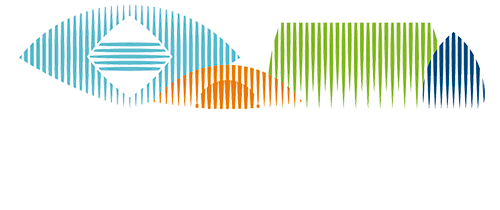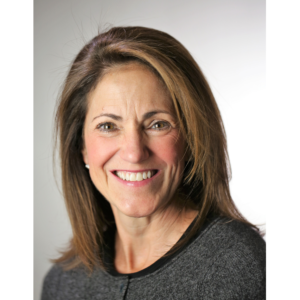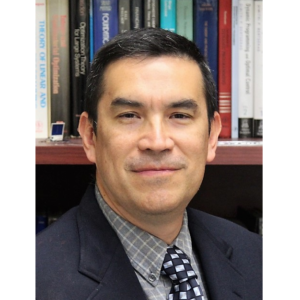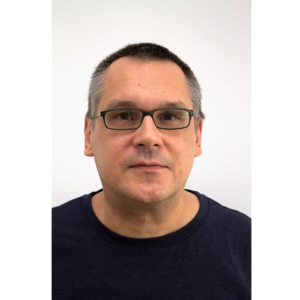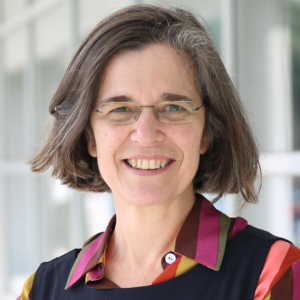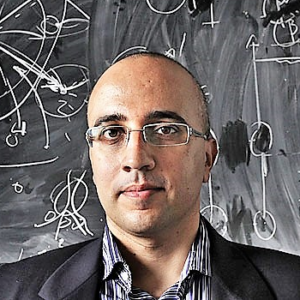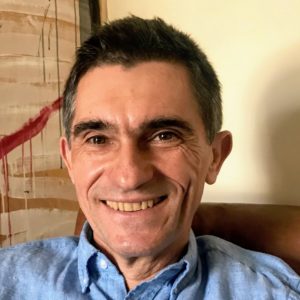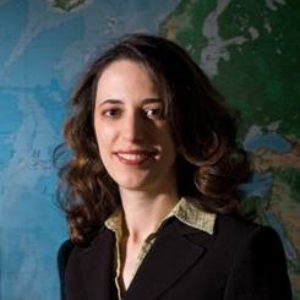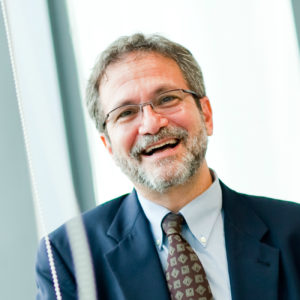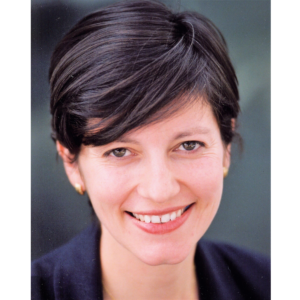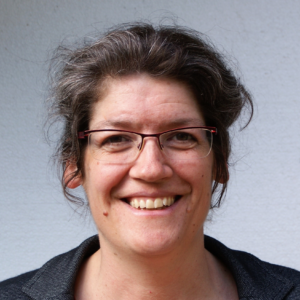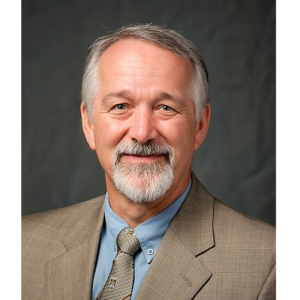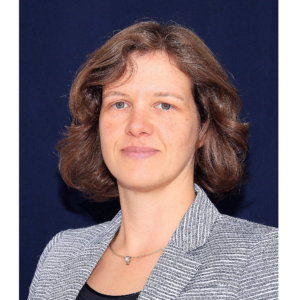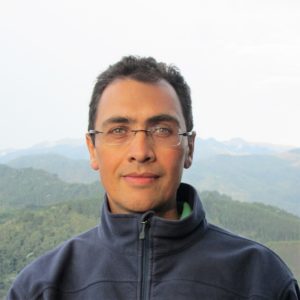There is a long history of applying operations research techniques to problems in airline and air transportation system planning and operations. Over time, these techniques have become more sophisticated, with models and algorithms enhanced to account for multiple sources of uncertainty, competitive effects, passenger choice, and dynamic decision making, to name a few. The impacts have been significant, as demonstrated through numerous applications to air transportation problems across the globe. In this talk, I will briefly review this history, provide examples that illustrate the evolution of modeling and solution approaches, quantify some of the impacts, and highlight research opportunities in the field.
